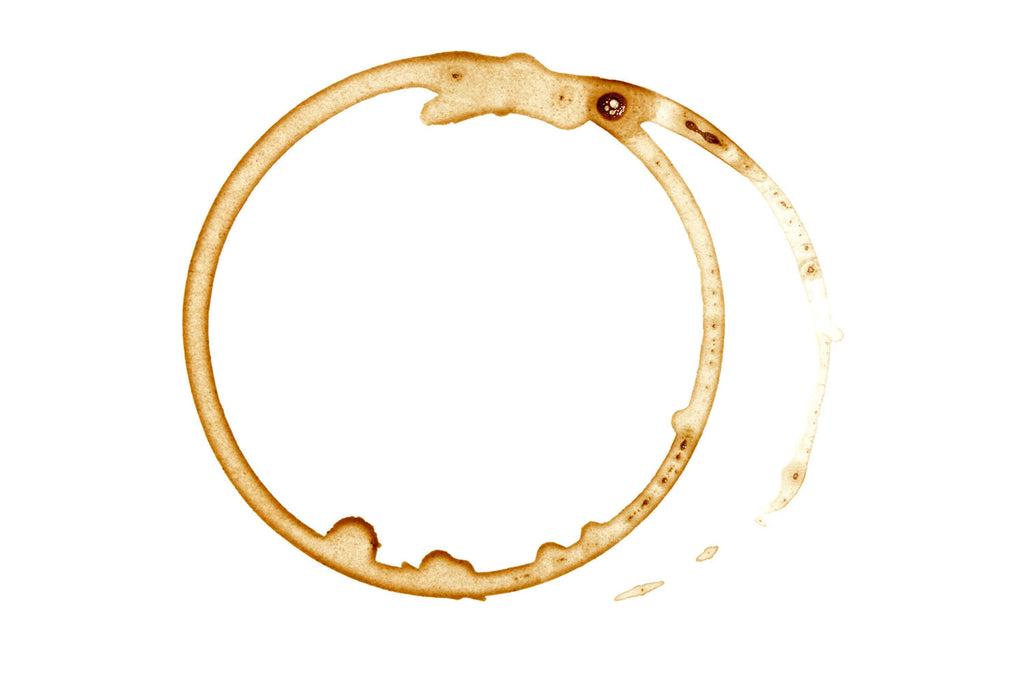
Improve Your Sleeping After Surgery

This is a guest post from contributor Jane Kitson
Sleeping after surgery can be an absolute nightmare. While you are trying to get comfortable and find that sweet spot, you are losing precious hours of sleep. After all, you need to get your rest, and don’t want any more discomfort than what there already is. Thankfully, there are a few things that can be done to help sleep more comfortably.
How to Have a Sound Sleeping After Surgery
Quality sleep plays a vitally important role in our body’s ability to recover. A study published in the International Journal of Neuroscience showed that sleep deprivation inhibits our production of wound healing cells like fibroblasts and capillary vessels. This finding suggests that sound sleeping after surgery leads to improved wound healing and thus a speedier recovery. Before you undergo a planned procedure, take a few steps to ensure you achieve the high quality sleep required to heal.
Plan Ahead for a Comfortable Bed
Knowing the importance of rest following surgery, think about what things you may need to ensure you get sufficient sleep during your recovery. If your current mattress is not cutting the muster on a normal day, it is certainly going to prevent you from getting sleep when you need it most. A mattress topper makes a world of difference for making a hard mattress softer or a hot bed cooler. Pillows play an important role as well. If you underwent a minor or major dental surgery, for example, you will likely have to sleep on your back even if that is not your preferred position. In order to get proper spine alignment, you’ll need a firm pillow. If you’ve undergone knee surgery, you may want to get additional pillows that can be placed under your knee for support. Whatever surgery you are facing, plan ahead and make sure your bed is comfortable and sufficiently outfitted for the required sleeping after surgery.
Create a Healthy Sleep Environment When Sleeping After Surgery
Avoiding infection is a key component to healing. Before coming home to recuperate, clean the sheets and other bedding. If you share your bed with a pet, now may be a good time to give them a separate temporary space to rest. If your pet brings you the comfort and security you need to sleep, give them a towel or blanket to lay near you so long as there is no chance they will hurt your wound site. Ensure your space is quiet and dark with light blocking window shades and if necessary, a white noise machine to mask sounds from the rest of the house.
Stay Ahead of Pain
The National Sleep Foundation reports that pain accounts for precious minutes of lost sleep, compared to those that have no pain. As you begin to heal, you may get too confident about your pain threshold and think it is okay to delay or skip doses of pain medication, but that is not the best way to manage pain or ensure you get the rest you need. If you begin feeling pain, you’ve probably waited too long and it will be more difficult to get the pain under control than it would if you’d taken it earlier. Take all medications, be it prescription or over the counter, on the recommended schedule ordered by your surgeon.
Achieving high quality sleep is imperative to the healing process following surgery. Make sure you get the rest you need by planning ahead and following your doctor’s orders.




